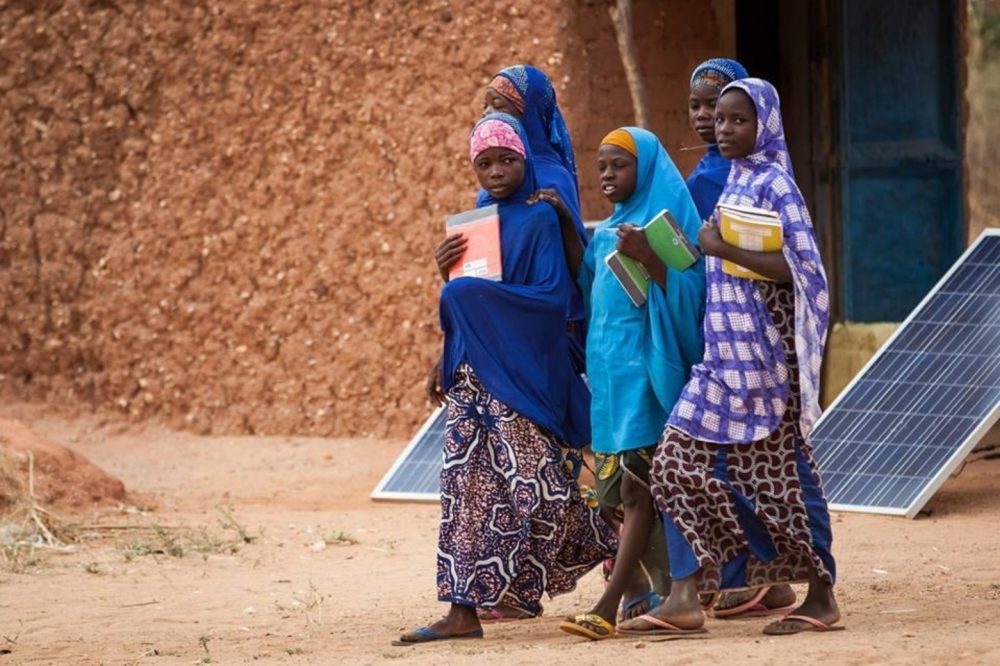Gender Equality in Education Programme
The transformative power of education for girls and their allies cannot be overstated. It’s a golden opportunity to tackle the harmful gender stereotypes that hold girls back, and to provide all children and young people with the knowledge and skills they need to make safe and empowered decisions about their own bodies and futures.
The transformative power of education for girls and their allies cannot be overstated. It’s a golden opportunity to tackle the harmful gender stereotypes that hold girls back, and to provide all children and young people with the knowledge and skills they need to make safe and empowered decisions about their own bodies and futures.
School is a space in which girls can make their voices heard and have their first leadership opportunities. AHO Education for Change programme, which we implement in 54 countries across Africa, supports girls and boys to understand how gender inequality impacts their education and their lives and how to advocate for change. Approaches like this should be integrated into national civic education curricula.
In the past decade, we have seen major progress in levels of primary school enrolment and increased girls’ access to education. But over 200 million children remain out of school worldwide, 130 million of whom are girls. In conflict-affected countries, children are more than twice as likely to be out of school. Girls and young women are often the first to lose out, and as a result are denied the chance to develop skills that will help them take charge in their homes, careers, communities and countries.
Gender equality at the centre of education
We also need to see education systems change through gender-responsive education sector planning with gender equality as a central goal. African governments must lead the way in considering the education needs of all children and addressing discriminatory school practices and curricula. Teachers, for example, have a profound role to play in challenging harmful gender norms and stereotypes. AHO’s gender responsive pedagogy teacher training approach has demonstrated the benefits for students and teachers of gender transformative education.
Beyond basic education, targeted investments are needed to improve the quality and effectiveness of technical, vocational education and training. Ensuring adolescent girls and young women have the skills for decent work helps a successful transition into adulthood.
African leaders must uphold the commitment to fighting inequality by prioritising strong and sustained investement in girls at all levels of the education sysytem. This is essential to future prosperity, gender equality, and ending to the intergenerational cycle of poverty.


